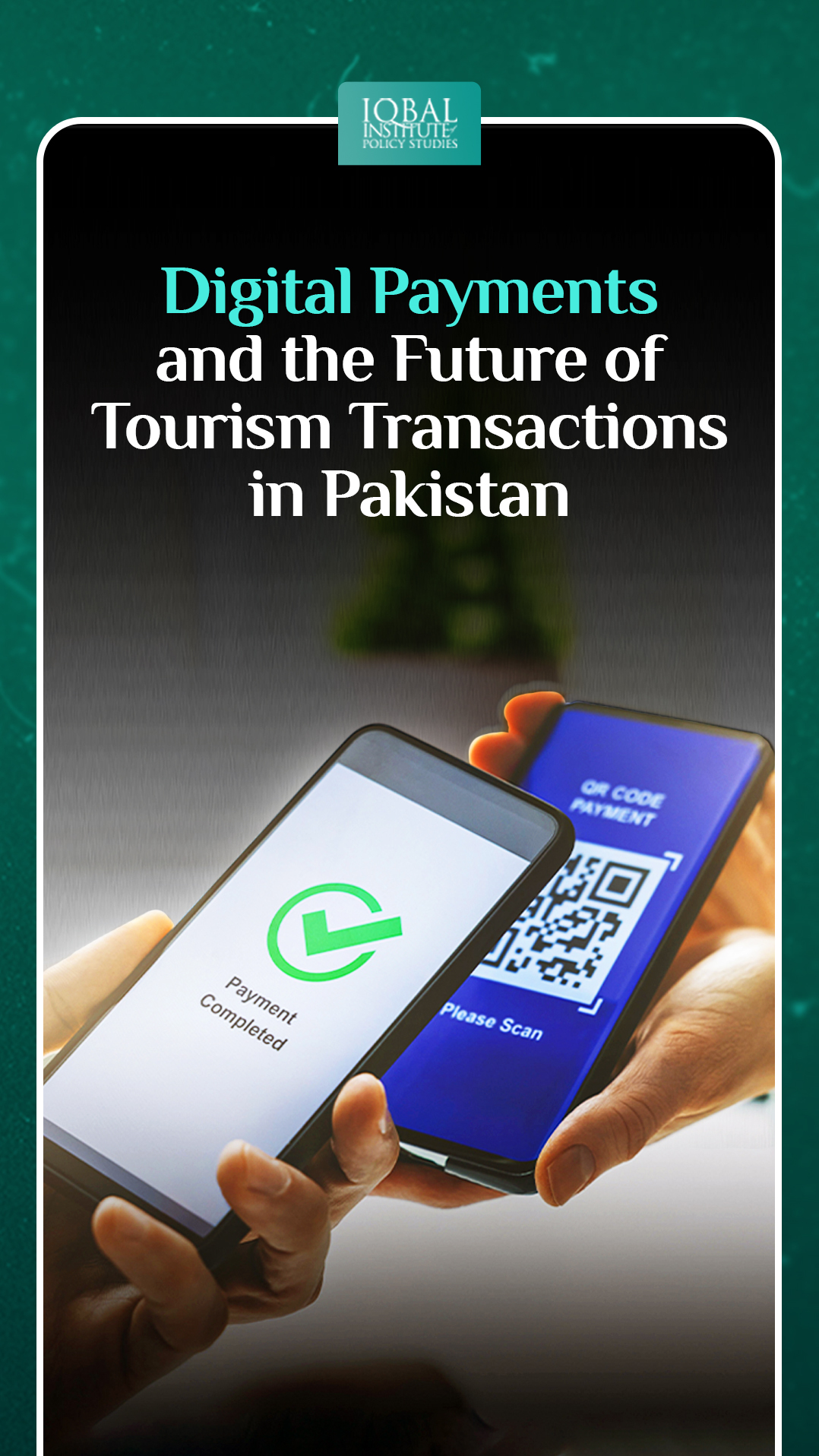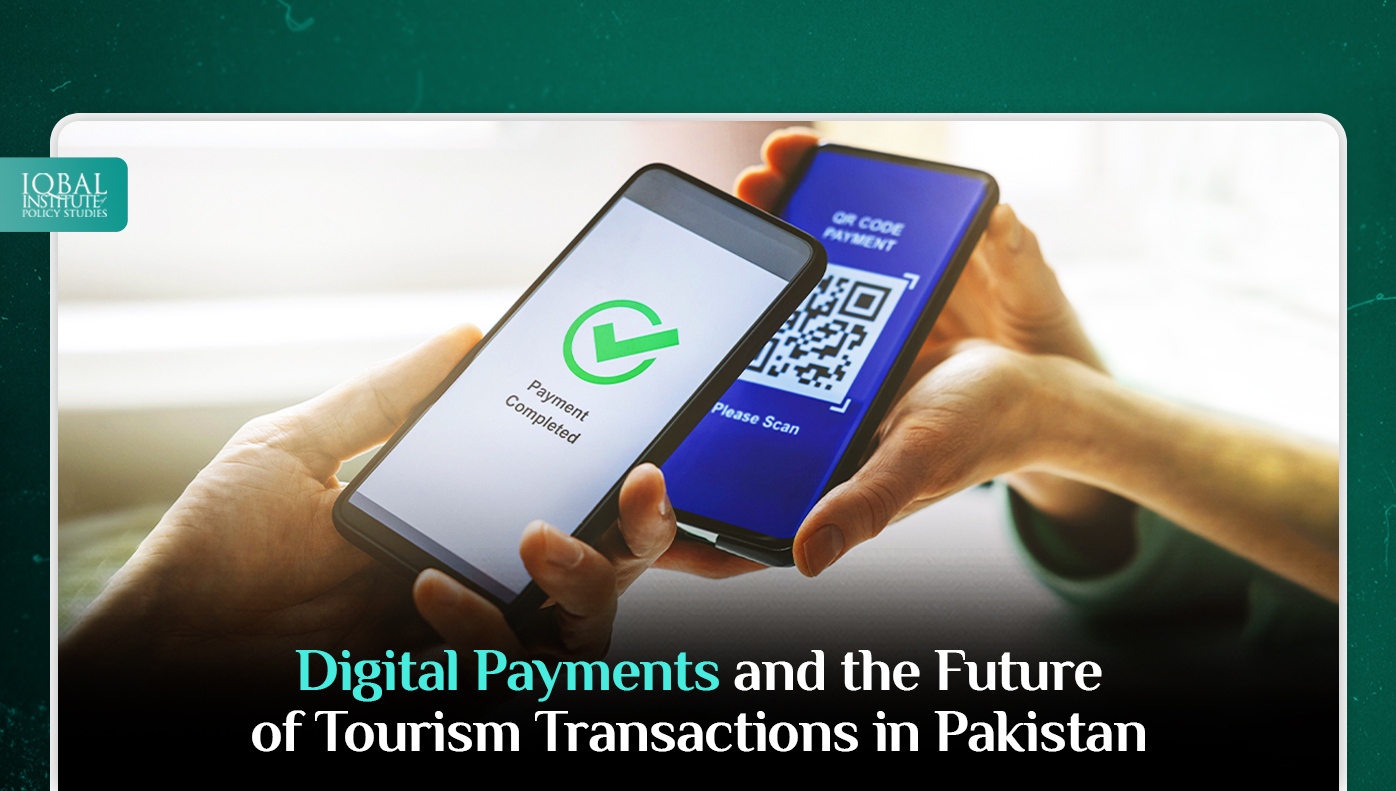The tourism landscape is undergoing a remarkable transformation worldwide, and Pakistan is no exception to this wave of change. Pakistan’s awe-inspiring landscapes, bustling markets, and rich cultural tapestry have always been magnets for travelers. Now, as the world turns increasingly digital, Pakistan is stepping into the future by integrating digital payment solutions into the heart of its tourism industry. In this exploration, we delve into the pivotal role of digital payments in enhancing the tourist experience and facilitating economic transactions in Pakistan.
The Transformation of Tourism Transactions
In the not-so-distant past, tourists exploring Pakistan often relied on the tried-and-true method of cash for their transactions. While cash certainly has its merits, it can also be cumbersome and pose security risks, both for tourists and businesses alike. Now, enter the era of digital payments—a game-changer in the world of tourism.
Seamless and Secure Transactions
One of the primary advantages of digital payments is the seamless experience they bring to transactions. Tourists can now make payments with the simple tap of a smartphone or the click of a button, eliminating the need for physical cash exchanges. This not only streamlines the payment process but also enhances security, reducing the risk associated with carrying large sums of cash. Travelers can explore Pakistan’s wonders with peace of mind.
Convenience for Tourists
Digital payment solutions provide tourists with unmatched convenience. Whether it’s booking accommodations at a cozy inn, paying for sumptuous meals at a local restaurant, or purchasing exquisite souvenirs from a street vendor, tourists can complete these transactions swiftly and effortlessly. The hassle of currency conversion and the complexities of foreign exchange are no longer hurdles.
Boosting the Local Economy
Digital payments extend their benefits far beyond mere convenience. They also have a substantial impact on the local economy. When tourists use digital payment methods, their spending is meticulously tracked and documented. This data becomes a treasure trove for businesses and government agencies, offering invaluable insights into tourist spending patterns. Such insights, in turn, inform investment decisions and resource allocation, fostering economic growth in the regions tourists frequent.
Enhancing Financial Inclusion
In a country like Pakistan, where access to traditional banking services in rural areas can be limited, digital payment solutions bridge the gap. Tourists can make payments to local businesses, often in remote areas, without the need for physical banks. This not only benefits tourists but also empowers local communities by providing them with access to the formal financial system. It’s a win-win scenario.
Supporting Small Businesses
Small businesses, including local artisans and craftspeople, benefit significantly from the adoption of digital payments. They can expand their customer base by offering digital payment options, making it easier for tourists to purchase their products. This not only supports local entrepreneurship but also preserves and promotes indigenous crafts and traditions—keeping cultural heritage alive and thriving.
Environmental Considerations
In an era when sustainable tourism is gaining traction, digital payments play an essential role in reducing the environmental impact of tourism. The reduced reliance on paper currency translates to fewer resources consumed in printing, transporting, and disposing of physical money. It’s a subtle yet significant step towards a more sustainable and eco-friendly tourism sector.
Challenges and Adoption
While the potential benefits of digital payments in tourism are evident, there are challenges to widespread adoption. These include infrastructure limitations, such as limited internet access in remote areas and the need for comprehensive education and awareness campaigns for both tourists and businesses.
The Path Forward
To harness the full potential of digital payments in the tourism sector, several strategic steps can be taken:
Infrastructure Investment
Continued investment in digital infrastructure, including the expansion of mobile networks and internet access, is crucial to extending the reach of digital payments to even the remotest corners of Pakistan.
Education and Awareness
Tourists and local businesses need to be educated about the benefits and usage of digital payment solutions. Training programs and awareness campaigns can play a significant role in ensuring that the advantages of digital payments are realized by all stakeholders.
Government Support
Government initiatives to promote digital payments, such as offering incentives or tax benefits to businesses that adopt these solutions, can be instrumental in driving adoption and fostering an environment conducive to digital transactions.
Integration of Local Cultures
While embracing digital payments, it’s essential to ensure that they do not overshadow the unique cultural aspects of local markets and businesses. Digital solutions should complement, not replace, the authentic experiences that tourists seek when exploring Pakistan’s rich heritage.
Conclusion
Digital payments are not just a technological convenience; they are a catalyst for economic growth and enhanced tourism experiences in Pakistan. As the country takes strategic steps to expand digital payment solutions and promote their adoption, both tourists and local businesses stand to benefit significantly. The future of tourism transactions in Pakistan is being rewritten, and it’s a story of convenience, security, economic empowerment, and progress—all made possible through the power of digital payments. Pakistan’s tourism sector is not just adapting to the digital age; it’s thriving in it, ensuring that every tourist’s journey through this remarkable country is seamless, secure, and enriched by the possibilities of the digital realm.
This article is written by Maha Nazami. Maha is a research analyst at the Iqbal Institute of Policy Studies (IIPS).



Leave a Reply